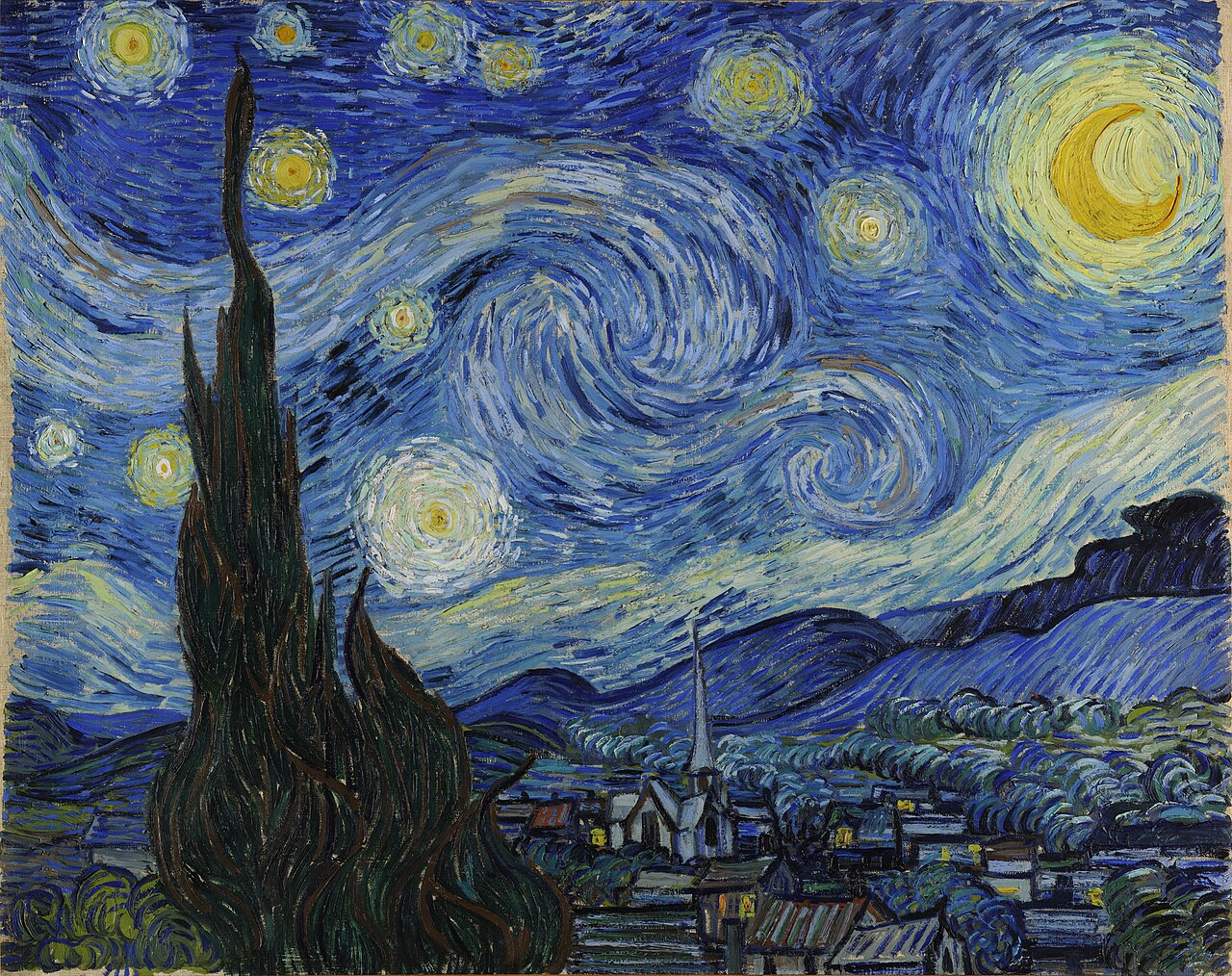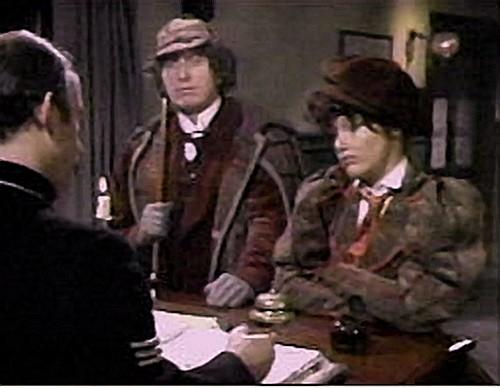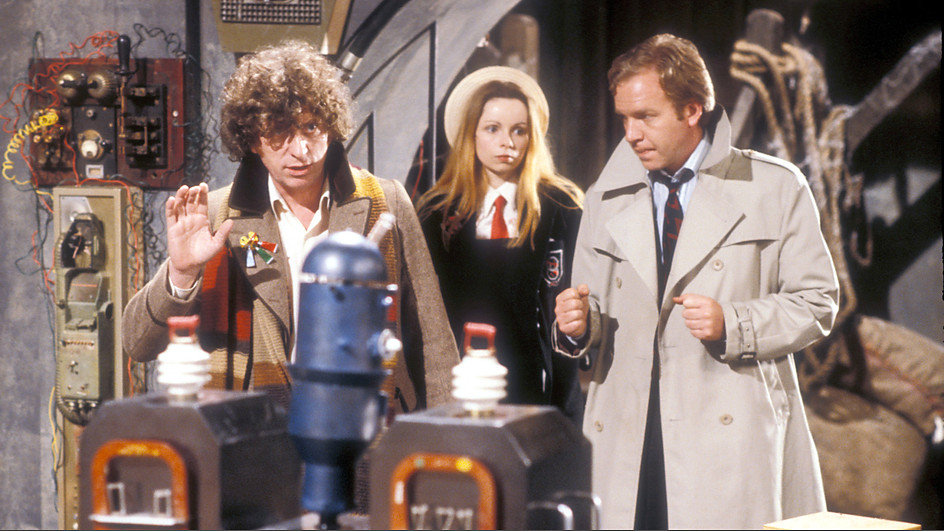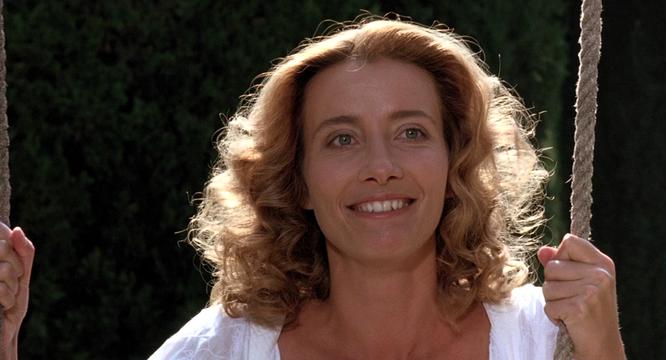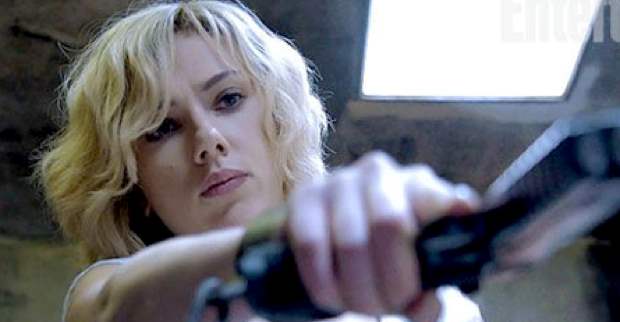After a
while, it gets a little repetitive to say “X is unlike anything else on
television,” but Kings is so novel
that it isn’t readily described. I
remember watching it on NBC when it first aired – I’d been drawn in by the
premise, but the show itself didn’t seem to be living up to its potential, and
for a few weeks, I watched with an entertained but slightly inattentive
air. Still, I was disappointed when it
was canceled and made a point to seek it out when the remaining episodes were
burned off during the summer.
Somewhere
along the line, though, Kings became
something wonderful. I can’t quite
pinpoint the when, where, or why. It’s
wholly possible that I wasn’t giving it the proper focus to start with, or that
the show comes together in retrospect – whenever I rewatch it now, it seems
awesome from start to finish, and I can’t figure out why it didn’t grab me
right away.
Kings is a present-day, alternate-universe
retelling of the biblical story of David.
In the fictional country of Gilboa, modern technology, media, and
weaponry meet a ruling monarchy where the king talks to God and has visions
from heaven. He and his capital city are
rocked by the arrival of David Shepherd, a young Gilboan solider who made
headlines when he stood up to an enemy tank.
Salt-of-the-earth, guileless David navigates his newfound celebrity
status, looking for signs of God in his life and trying to stay on the good
side of the often-tempestuous royal family.
Most TV
shows that take place outside the real world are sci-fi or fantasy (like Battlestar Galactica or Game of Thrones,) and even shows with
fantastical elements often ground them in real-life settings (like Buffy the Vampire Slayer or Dead Like Me.) Kings,
however, is in some ways a standard drama that puts time and effort into
world-building that’s generally relegated to genre pieces: Gilboa has its own emblems, flags, and
bordering countries, its own history separate from ours. The lush art direction has a sharp eye for
detail, and despite the familiarity of the modern-day trappings, you never lose
sight of the fact that this is somewhere new.
The
dialogue has an elevated, almost Shakespearian flair that goes well with the
loftiness of the drama. Exalted speech
trips fluently off of King Silas’s tongue, and David speaks an interesting mix
of earthy and poetic. With political puppet
theater, prophetic dreams, and fatal flaws, there’s an old-world feel to the
plot, stories that don’t get told much anymore.
The biblical source material is cleverly incorporated and reimagined,
but the show has its own story to tell as well.
Sadly, there’s only twelve episodes, and the ending far from resolves
matters, but numerous threads that seem disparate early on entwine to create a
vivid tapestry by season’s end.
The
whole show is propelled by a strong ensemble of fascinating characters. The royal family is a narrative feast, and
David makes a good, conflicted hero, a man trying to do his best under
massively difficult circumstances. Chris
Egan gives a fine performances, and the rest of the cast, which includes Ian
McShane, Sebastian Stan (the Winter Soldier!), Eomann Walker, Susanna Thompson,
and Macaulay Culkin (surprisingly great in a supporting role), is sublime.
Warnings
Sexual
content, swearing, drinking, a few drug references, violence, and thematic
elements.
